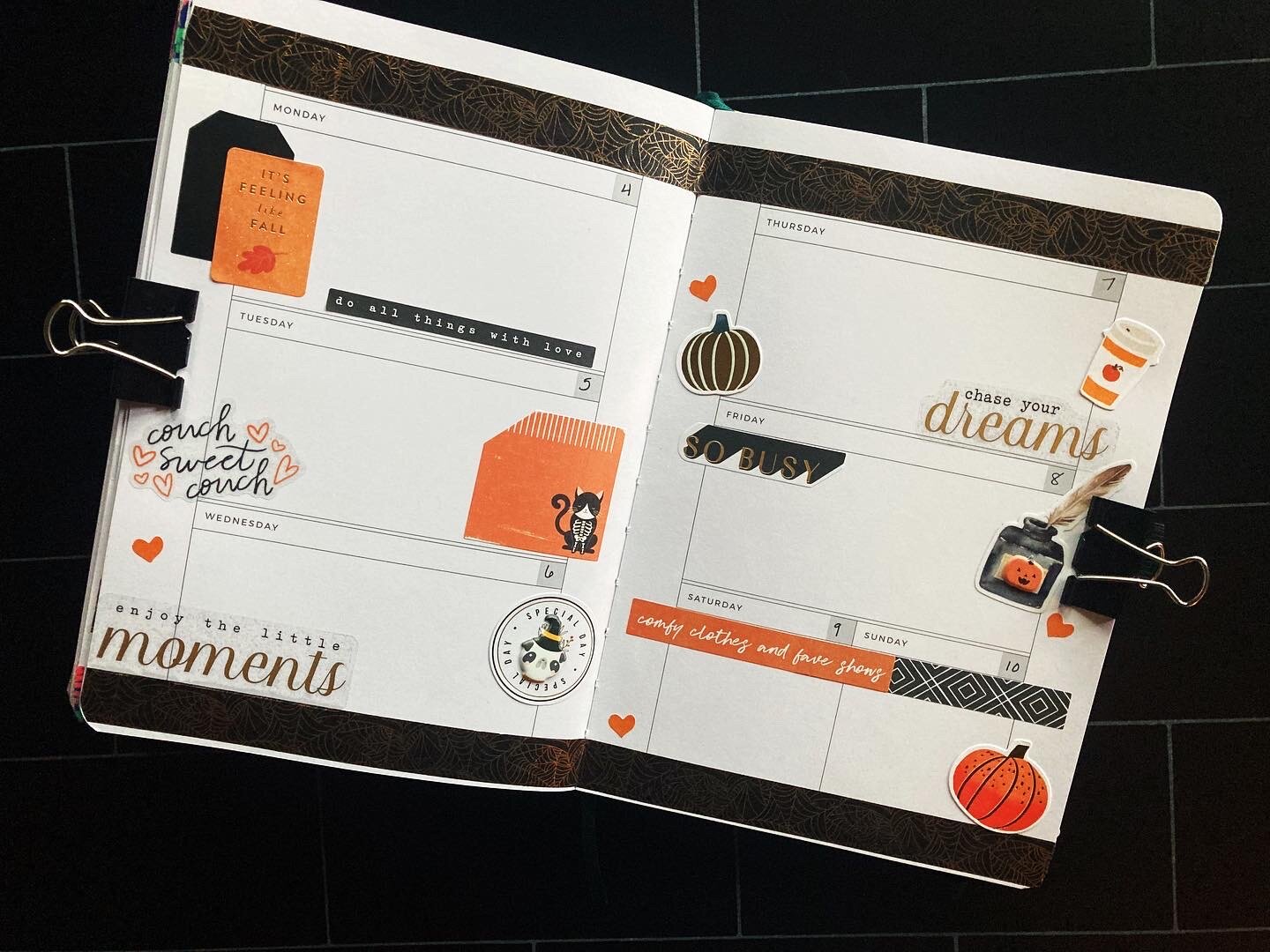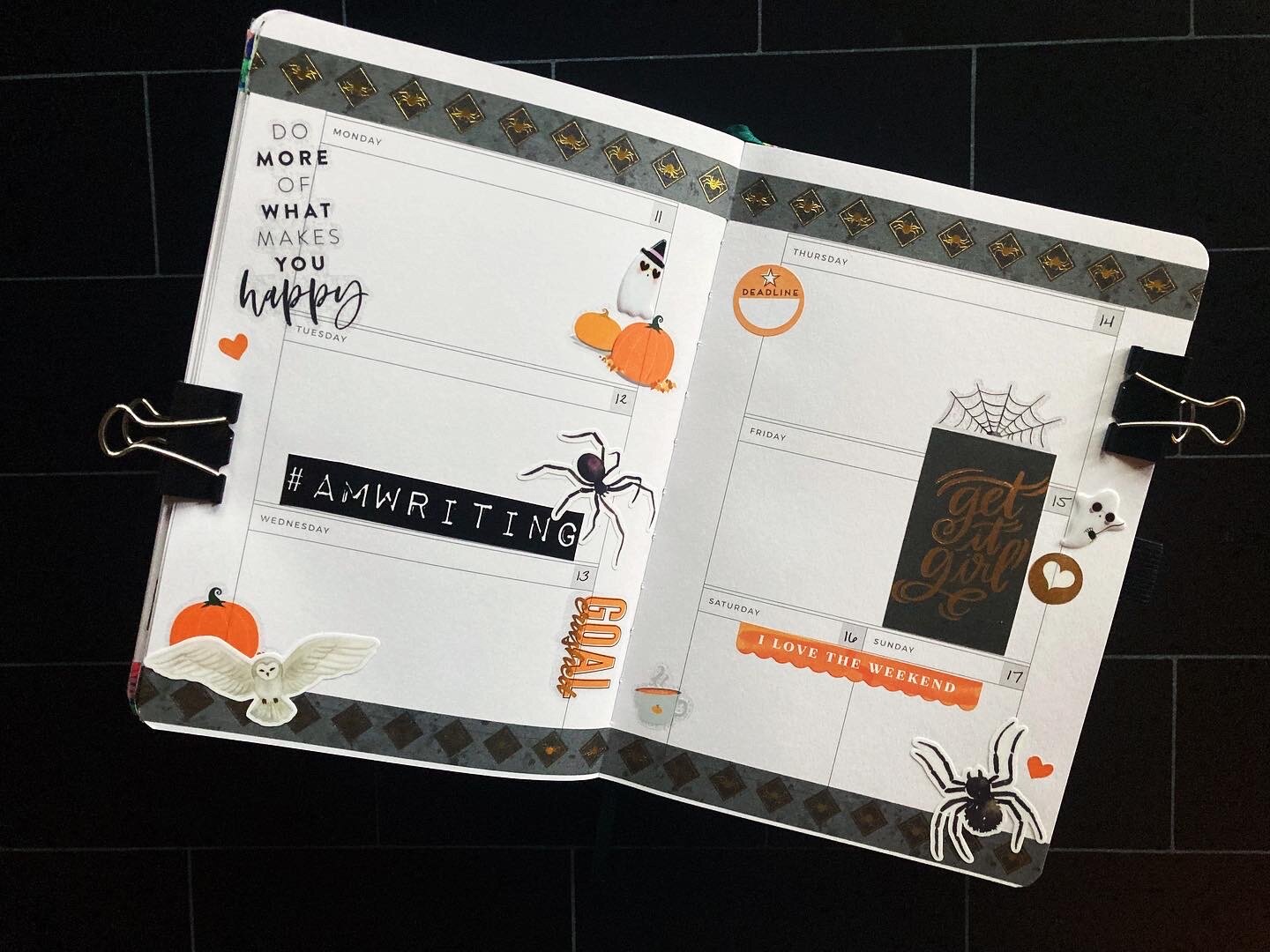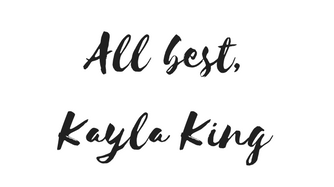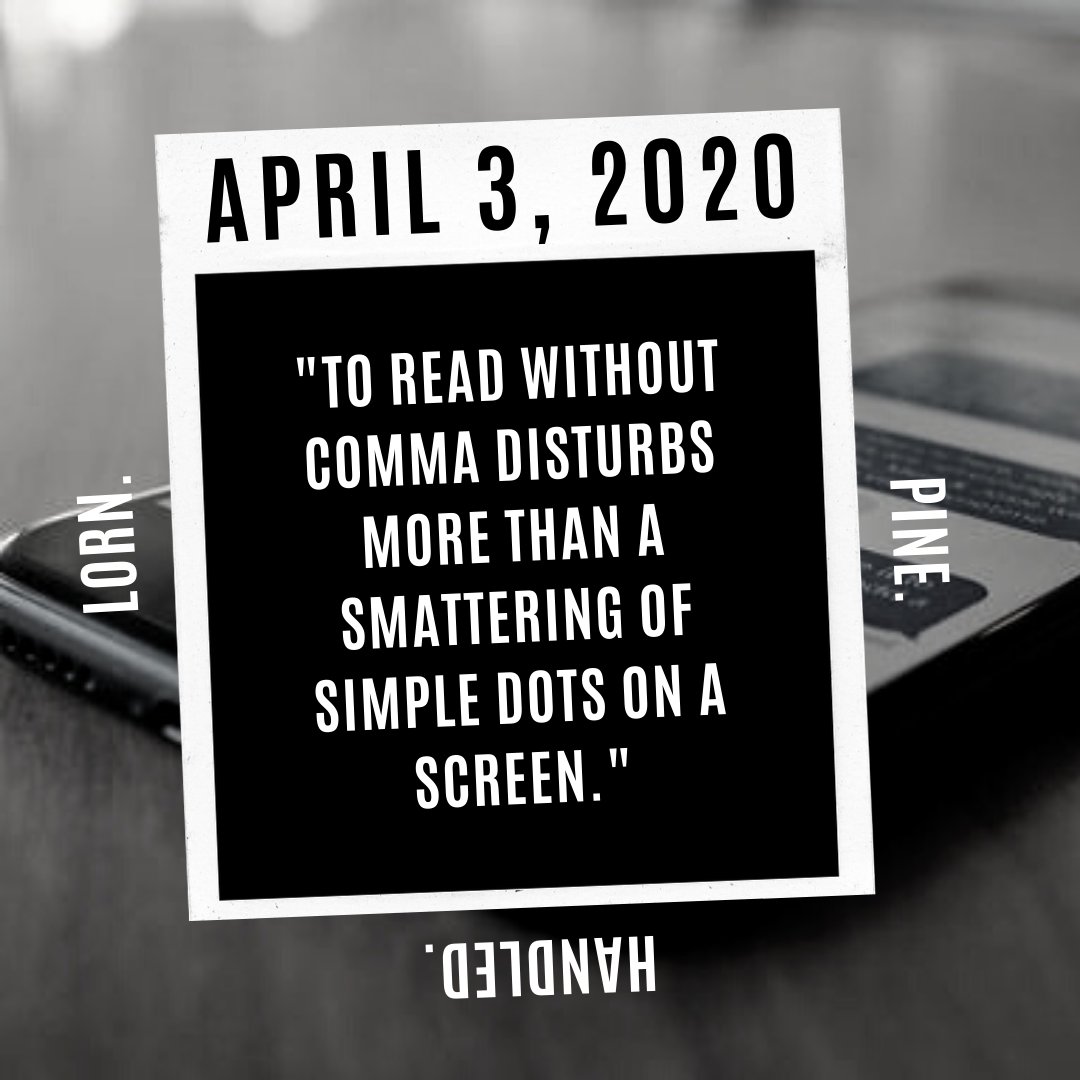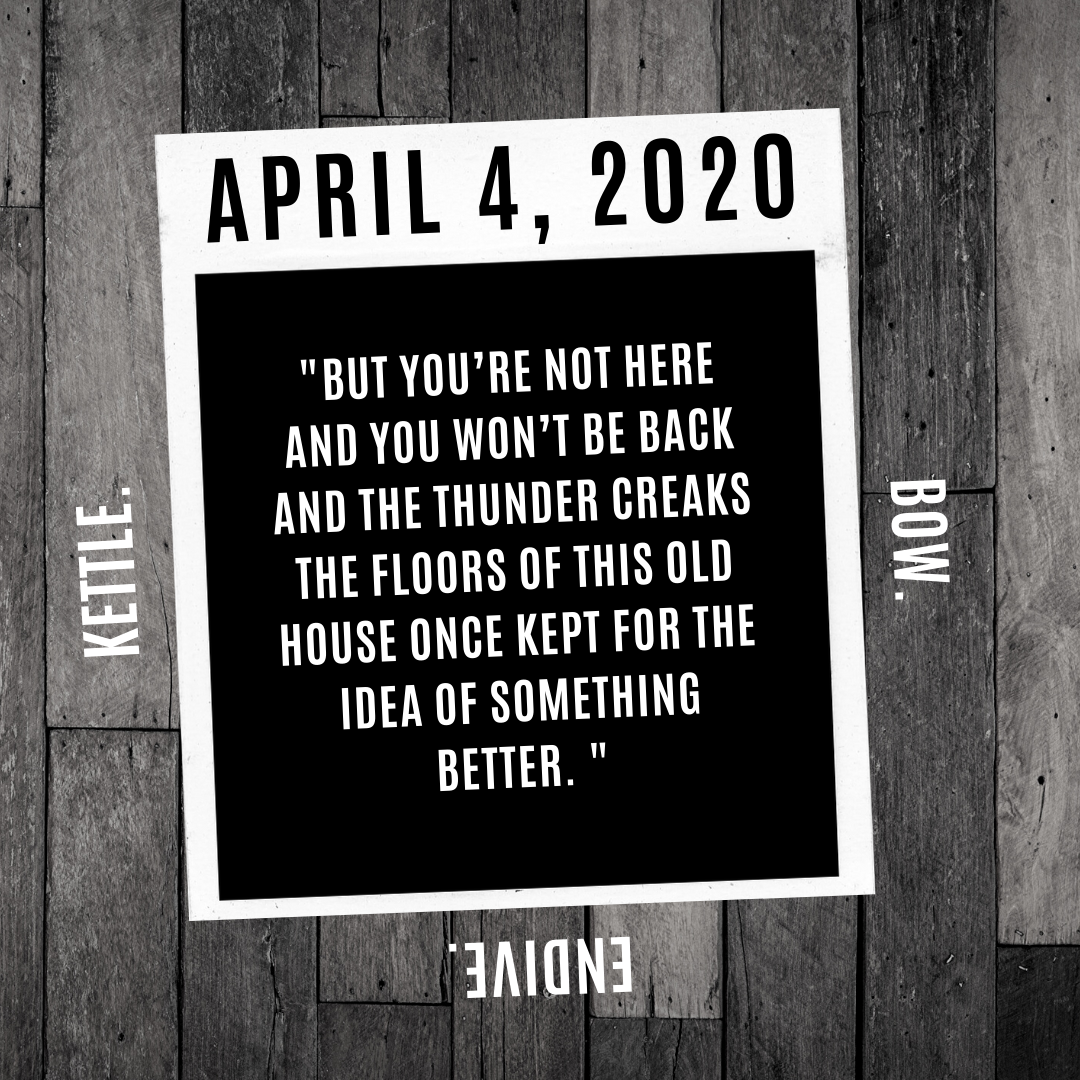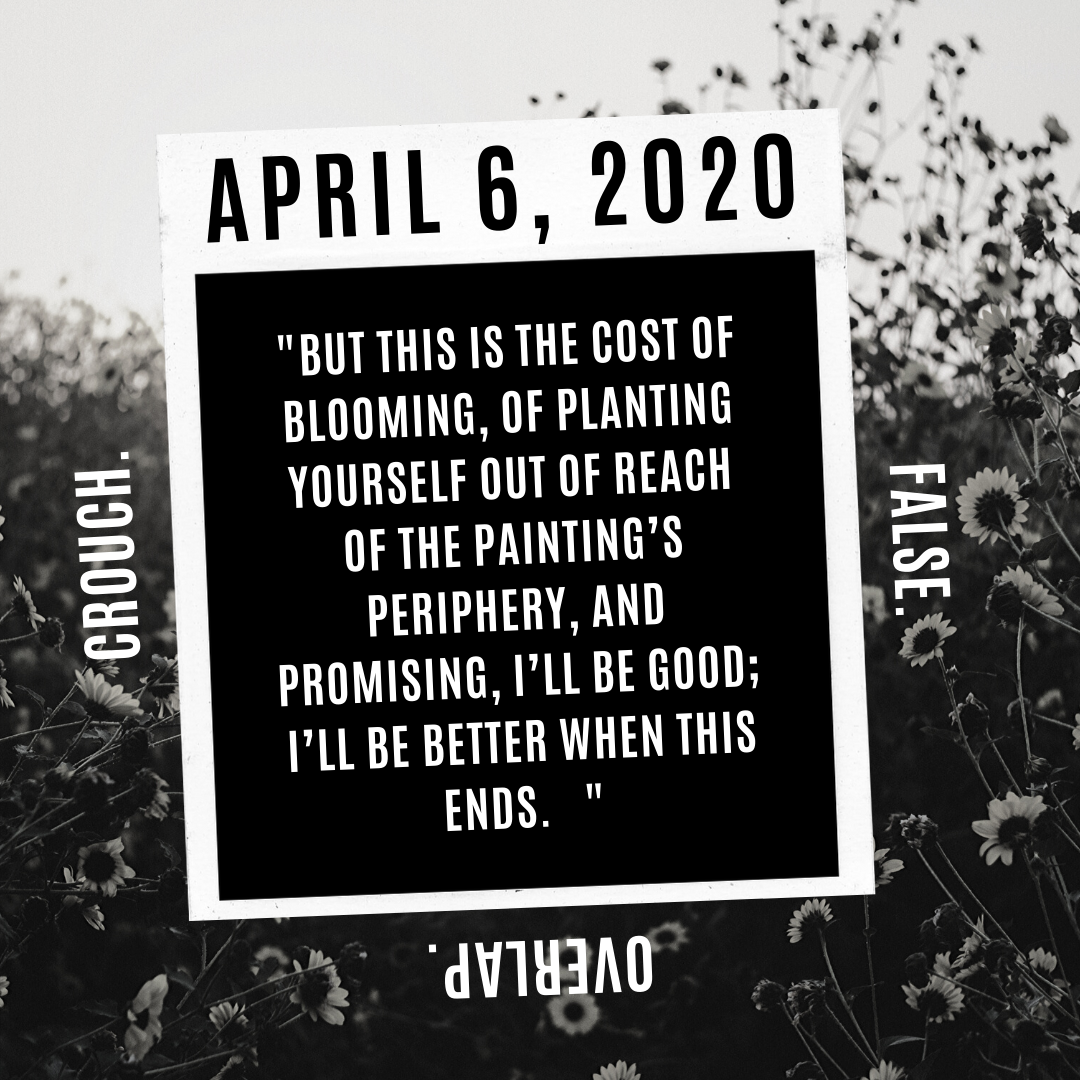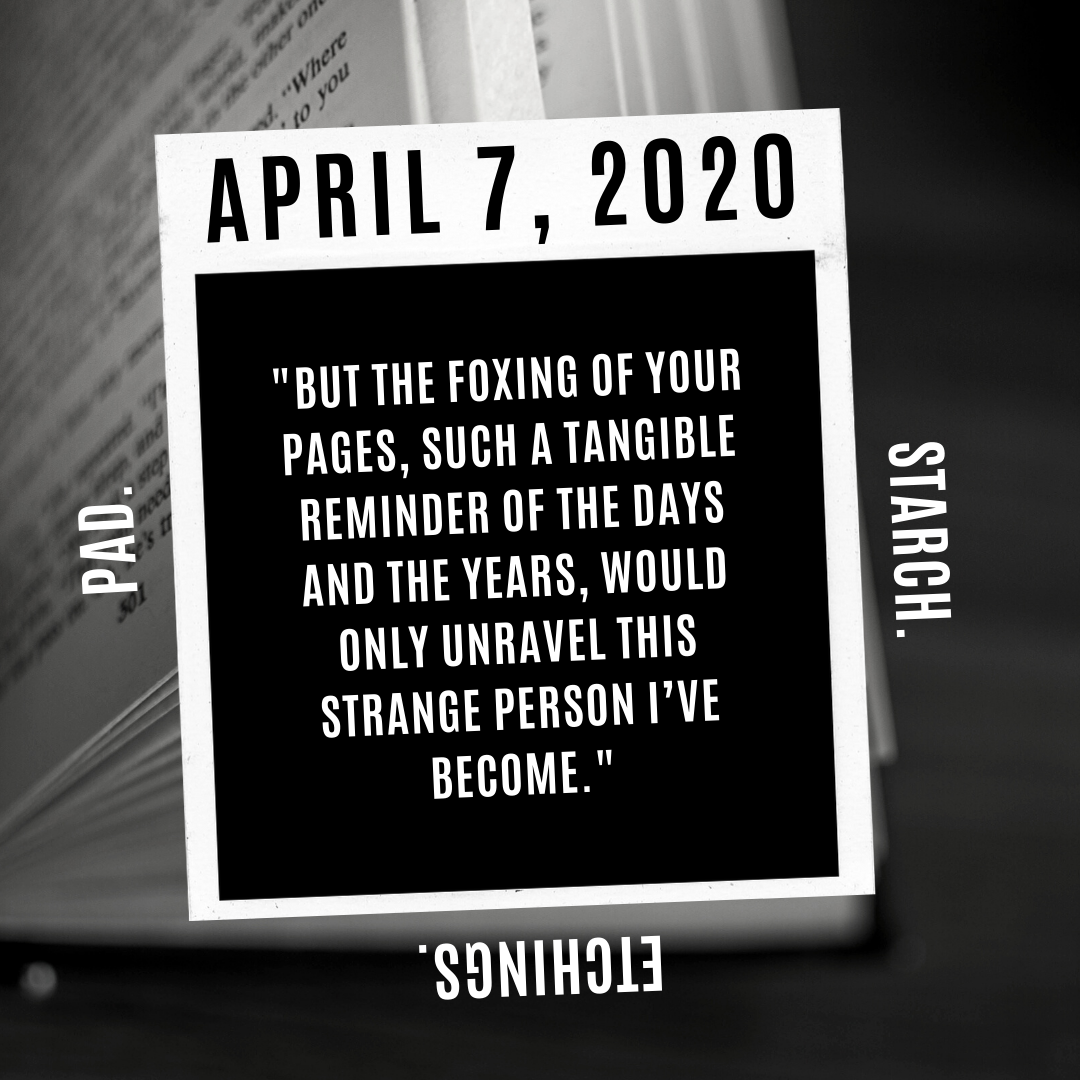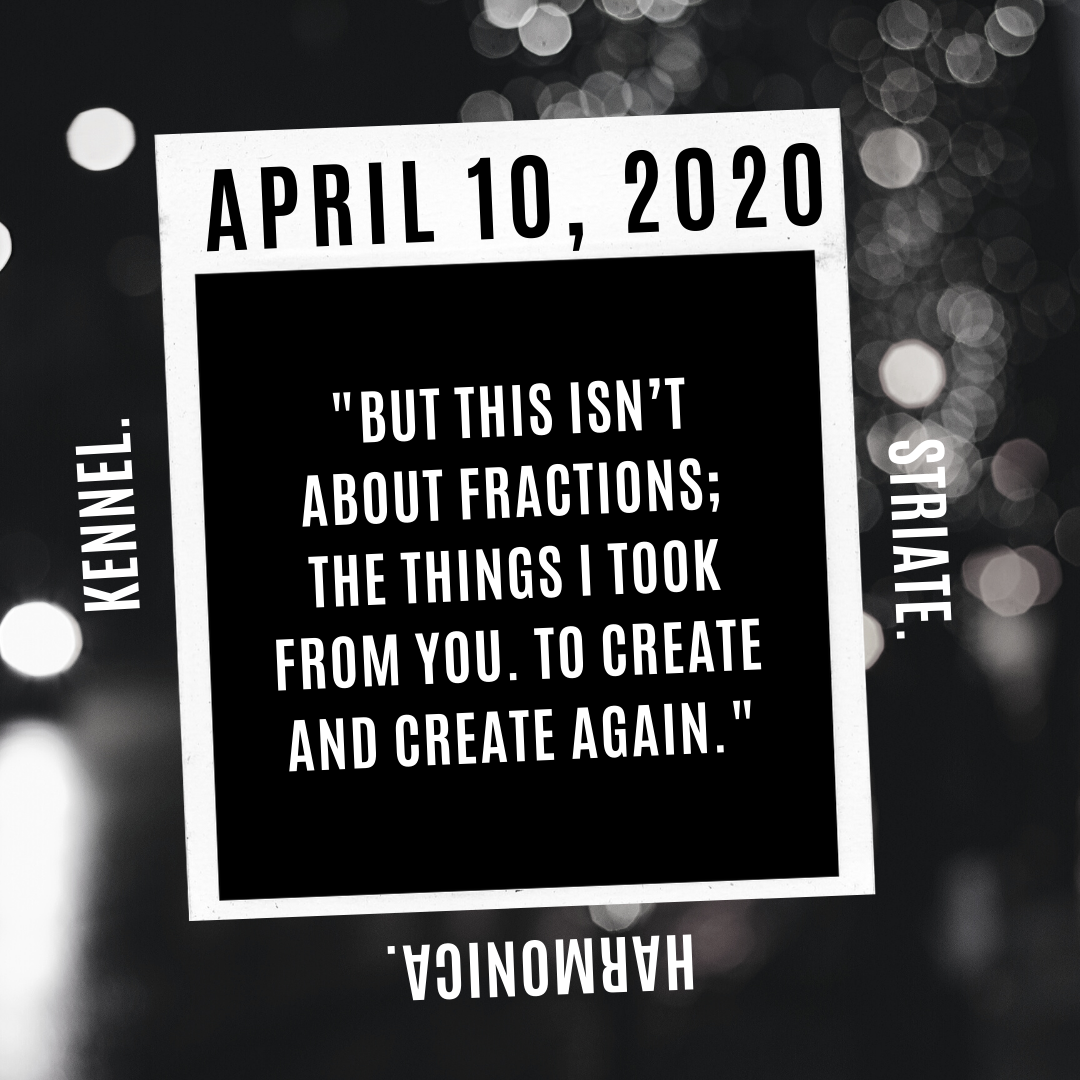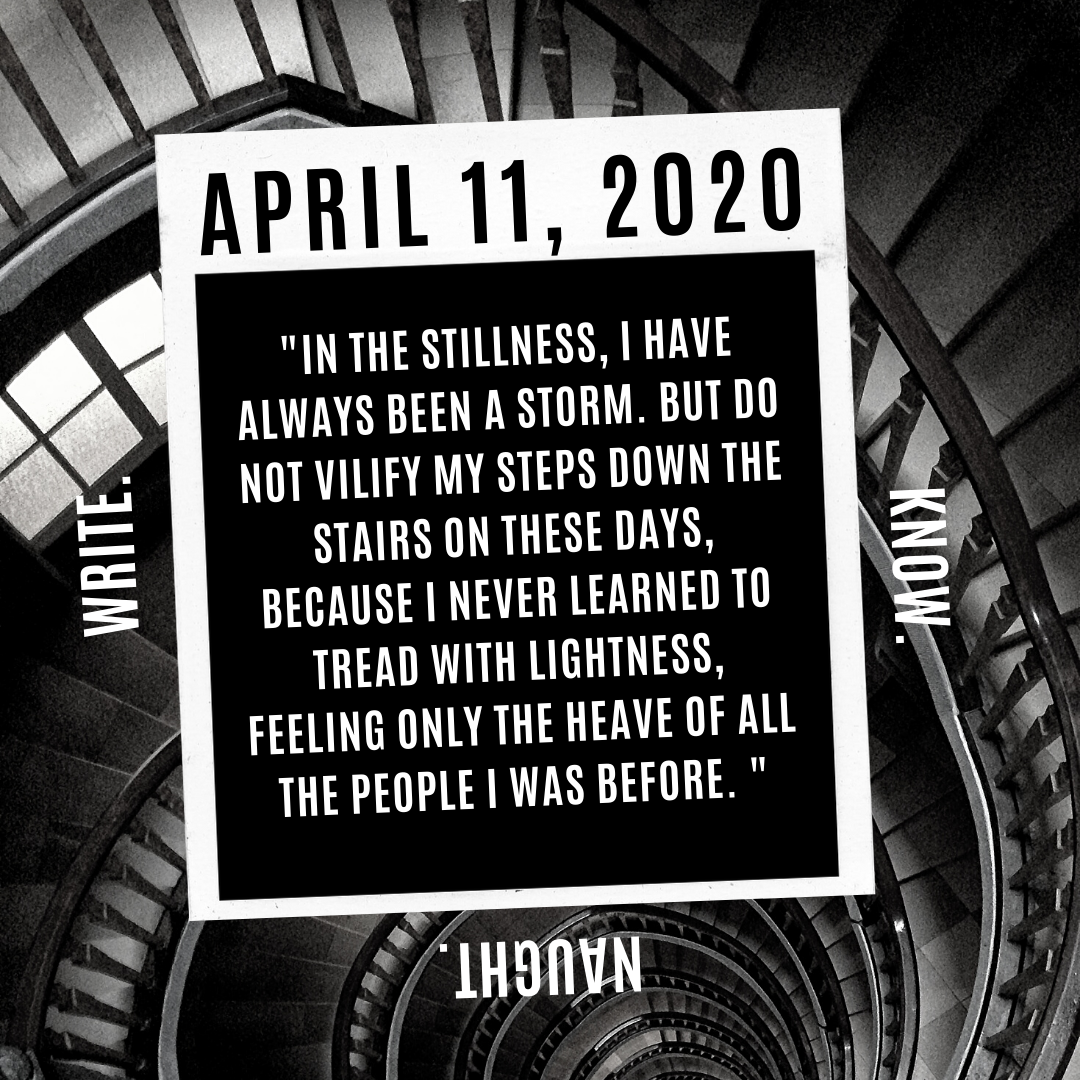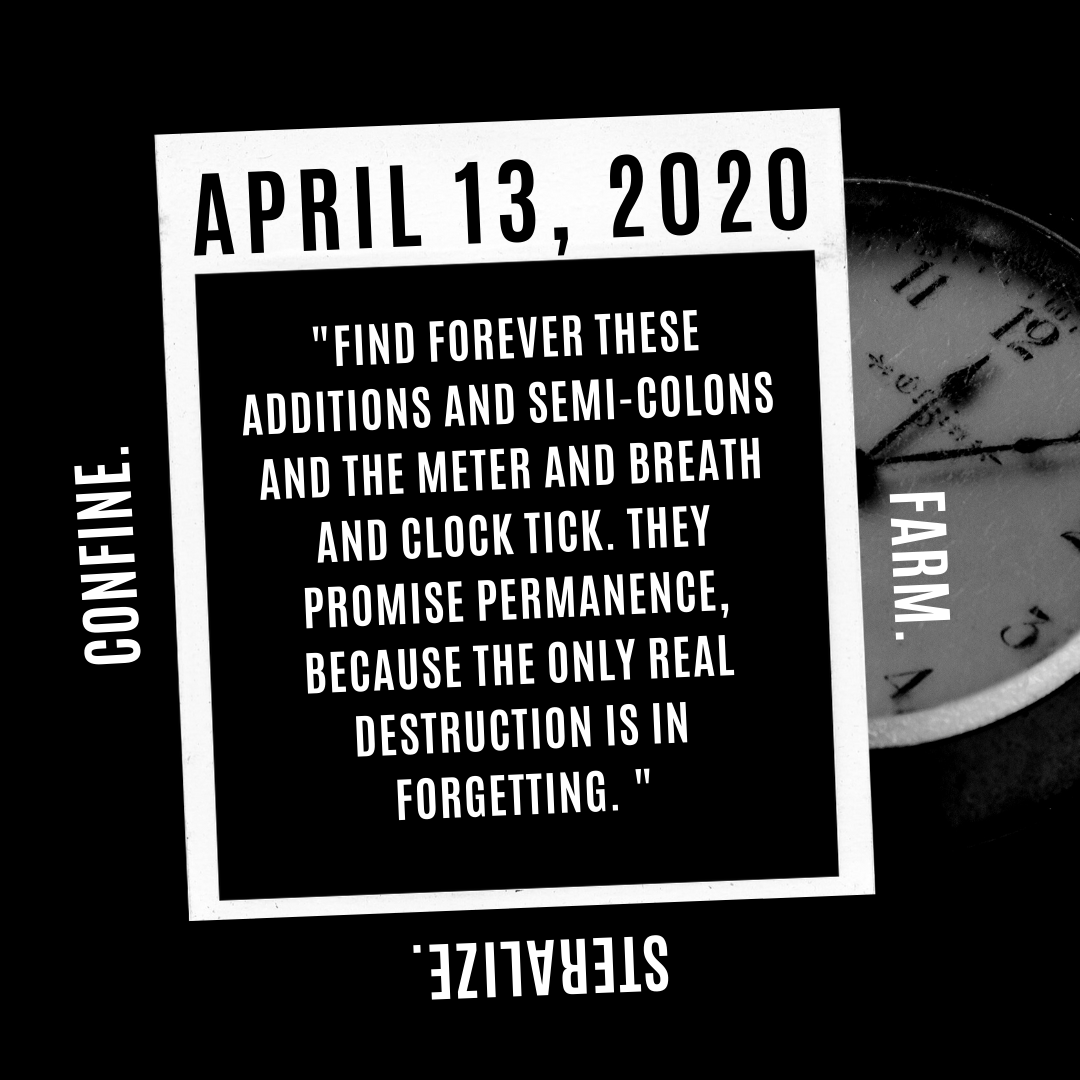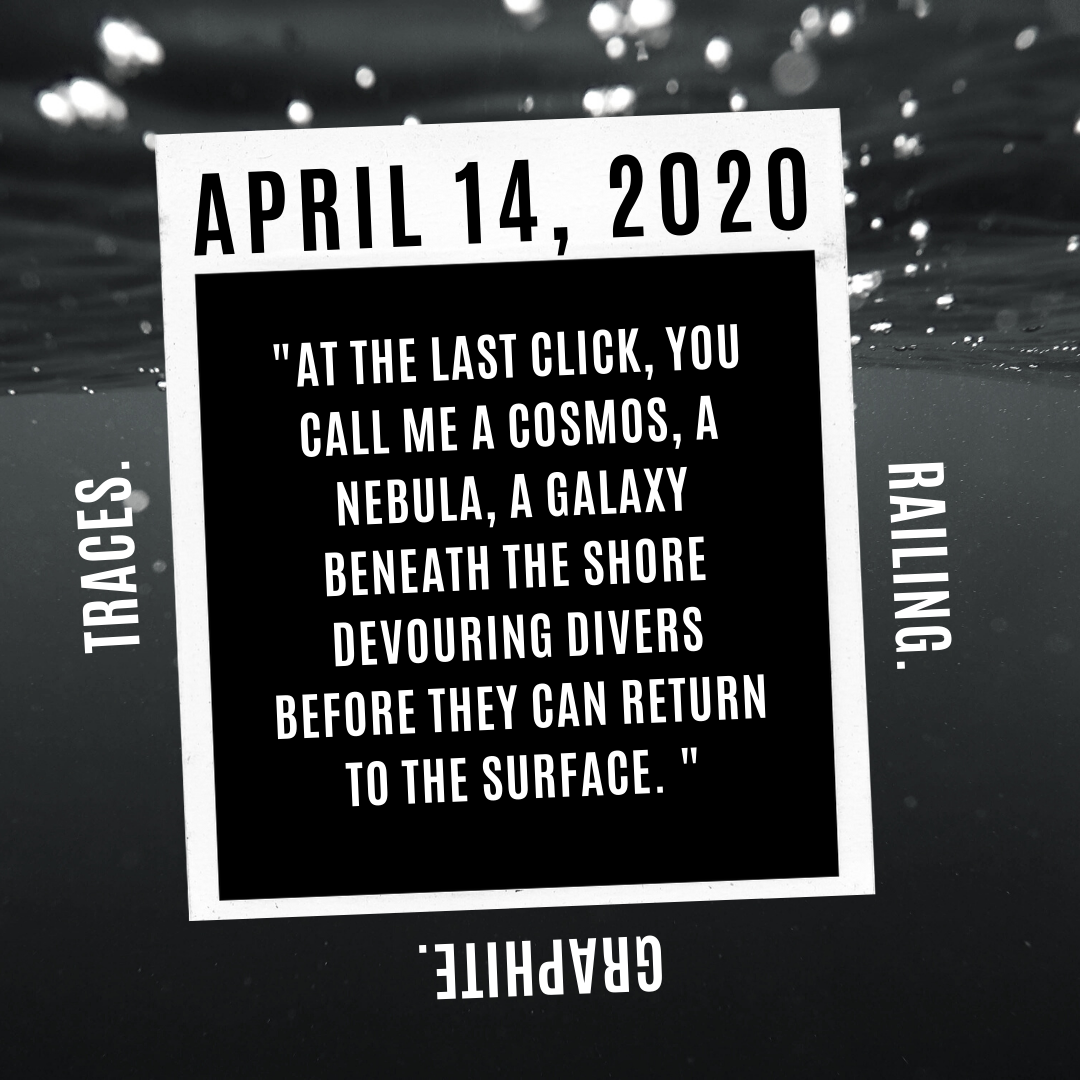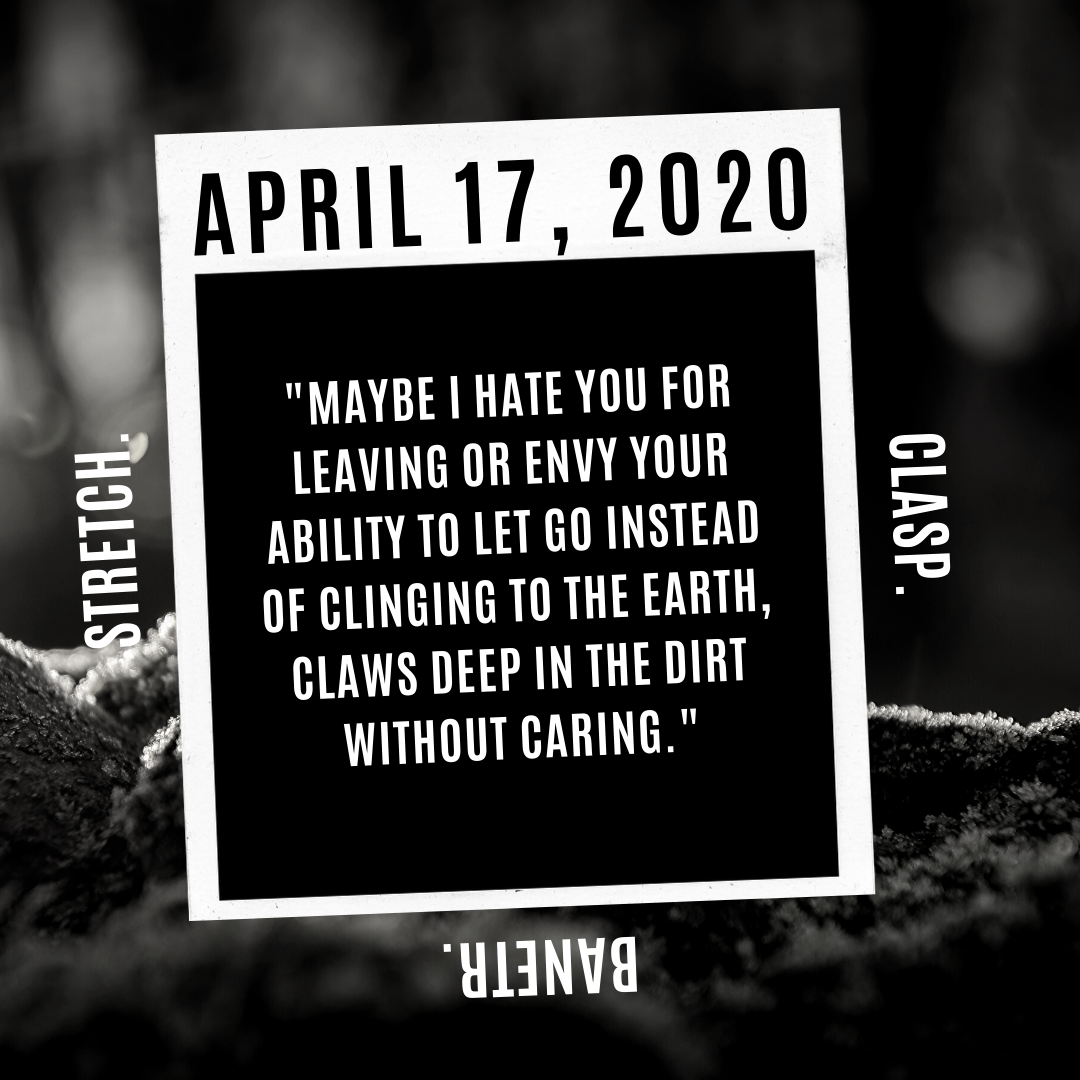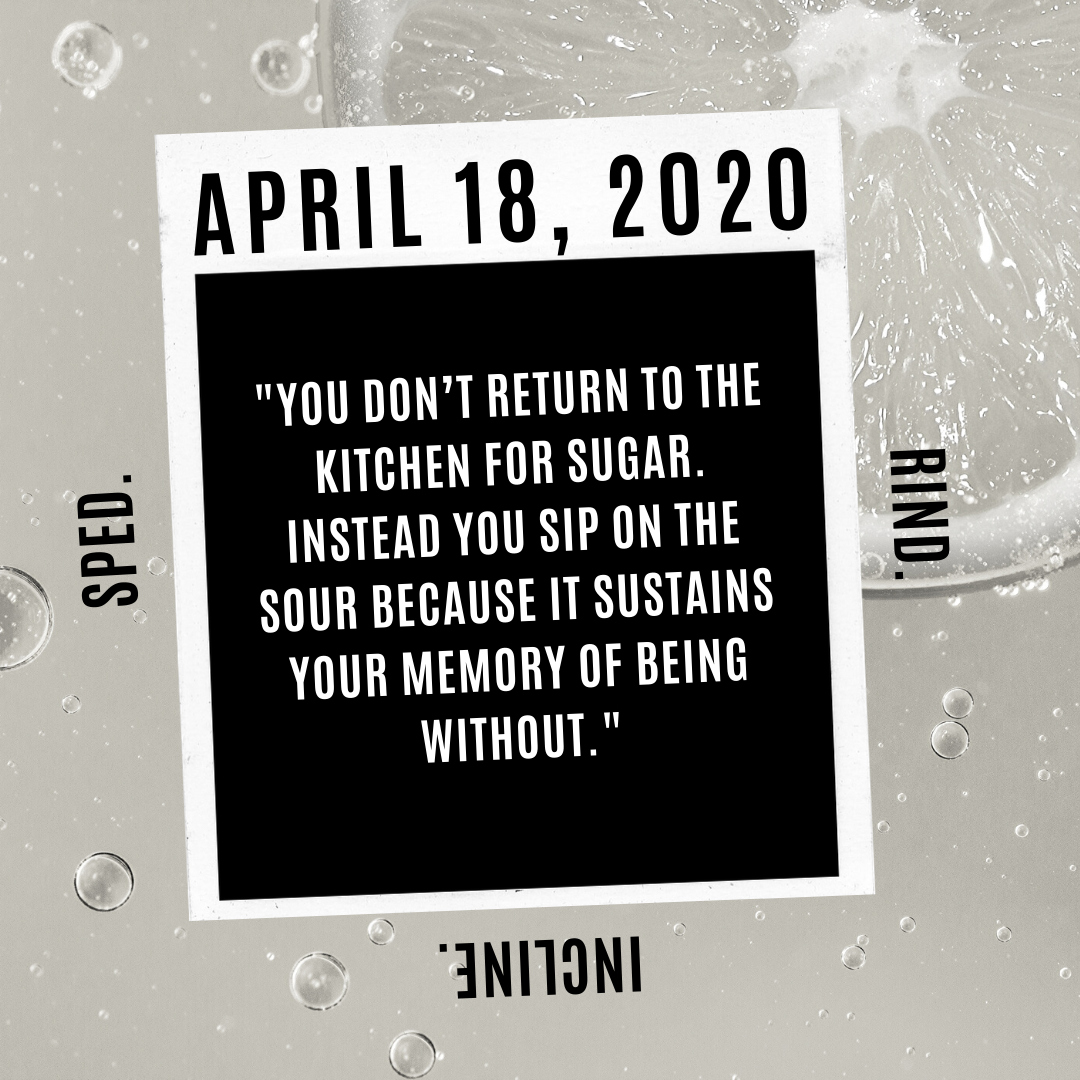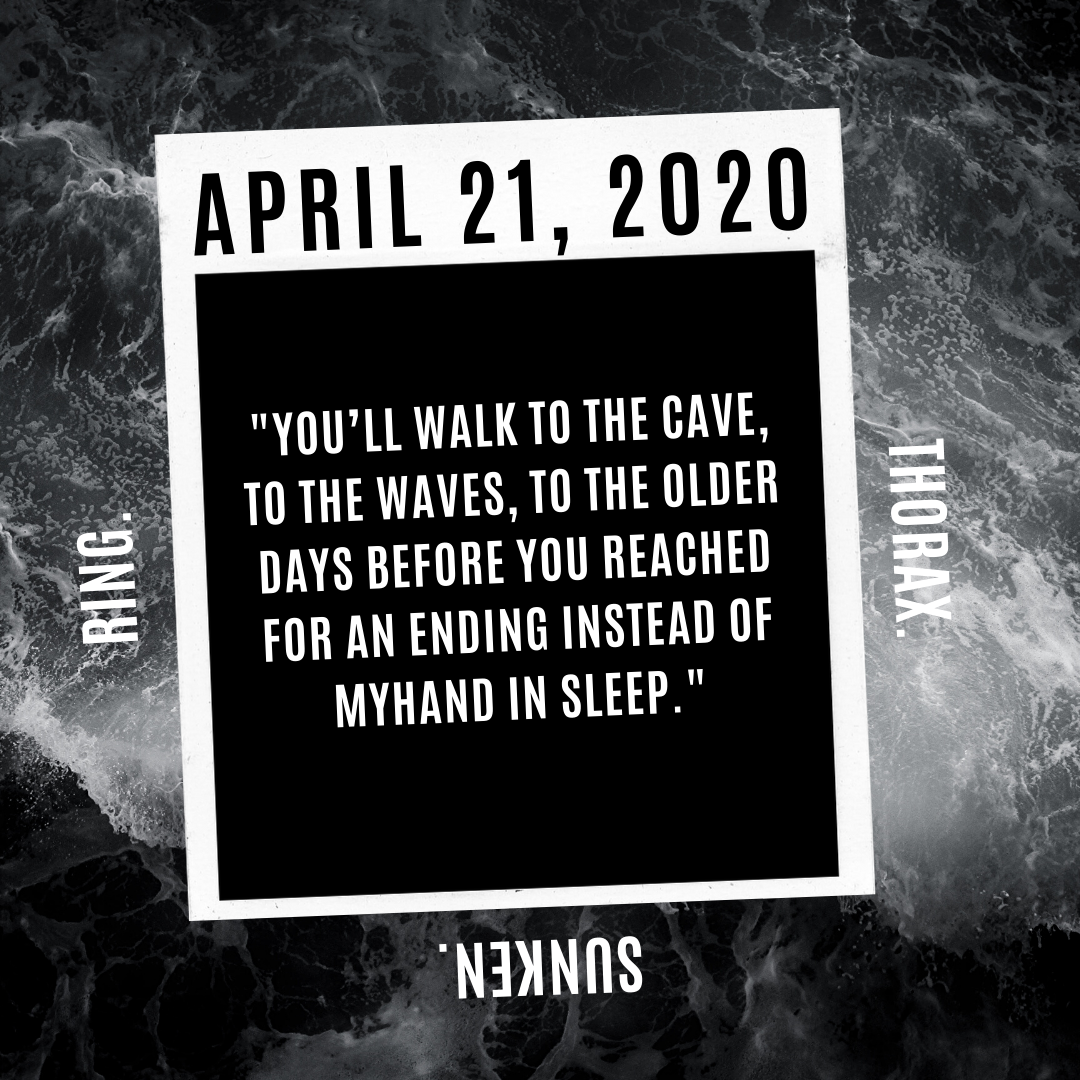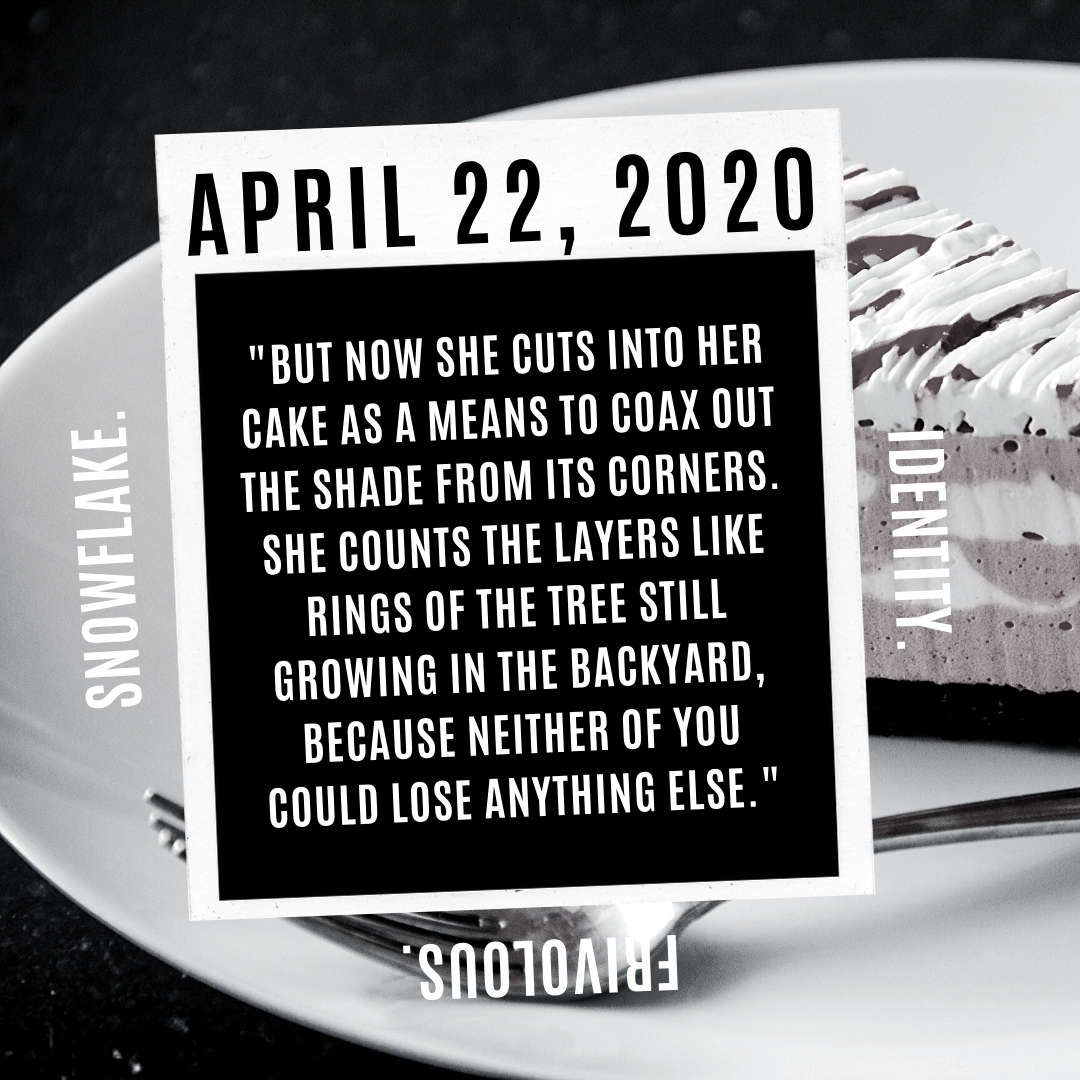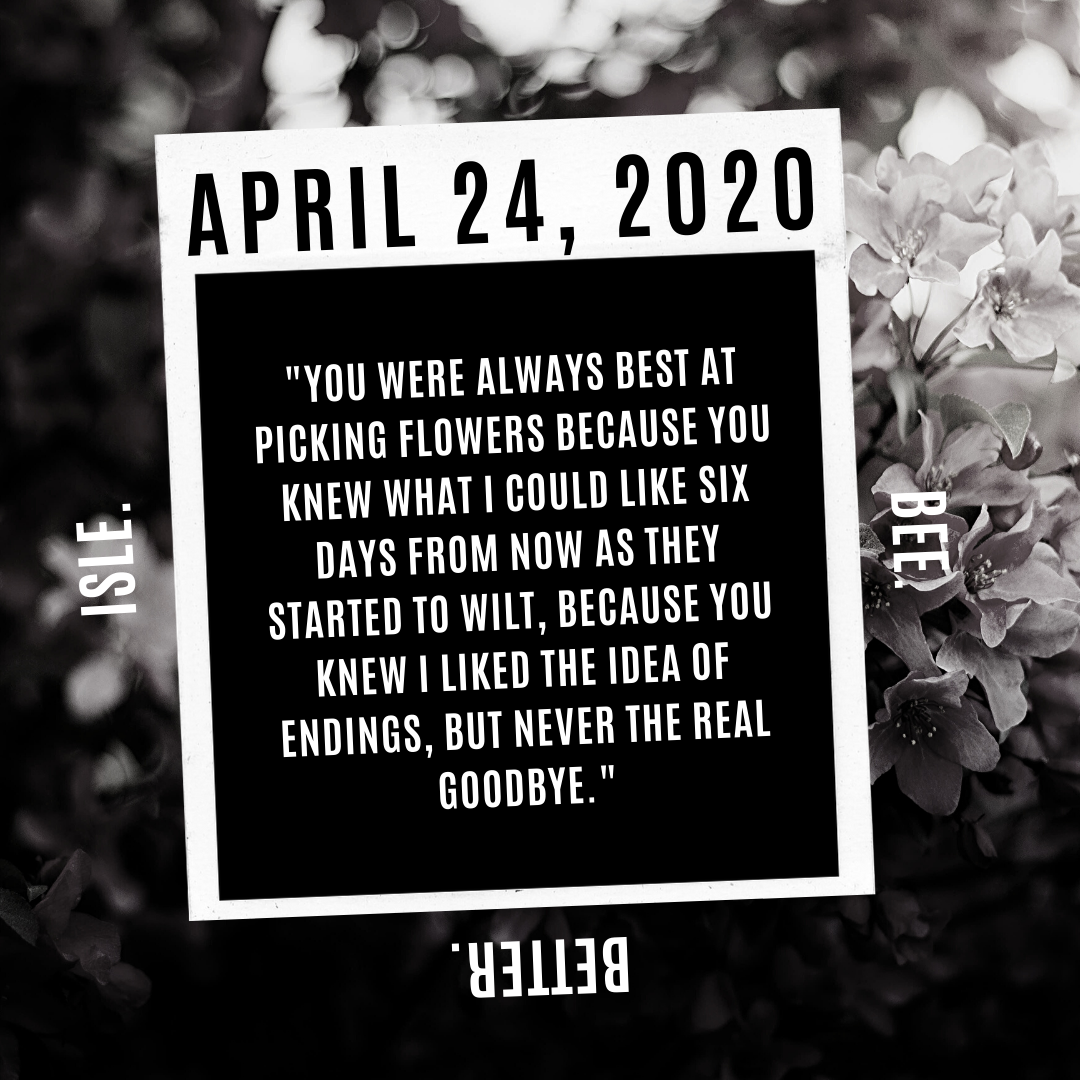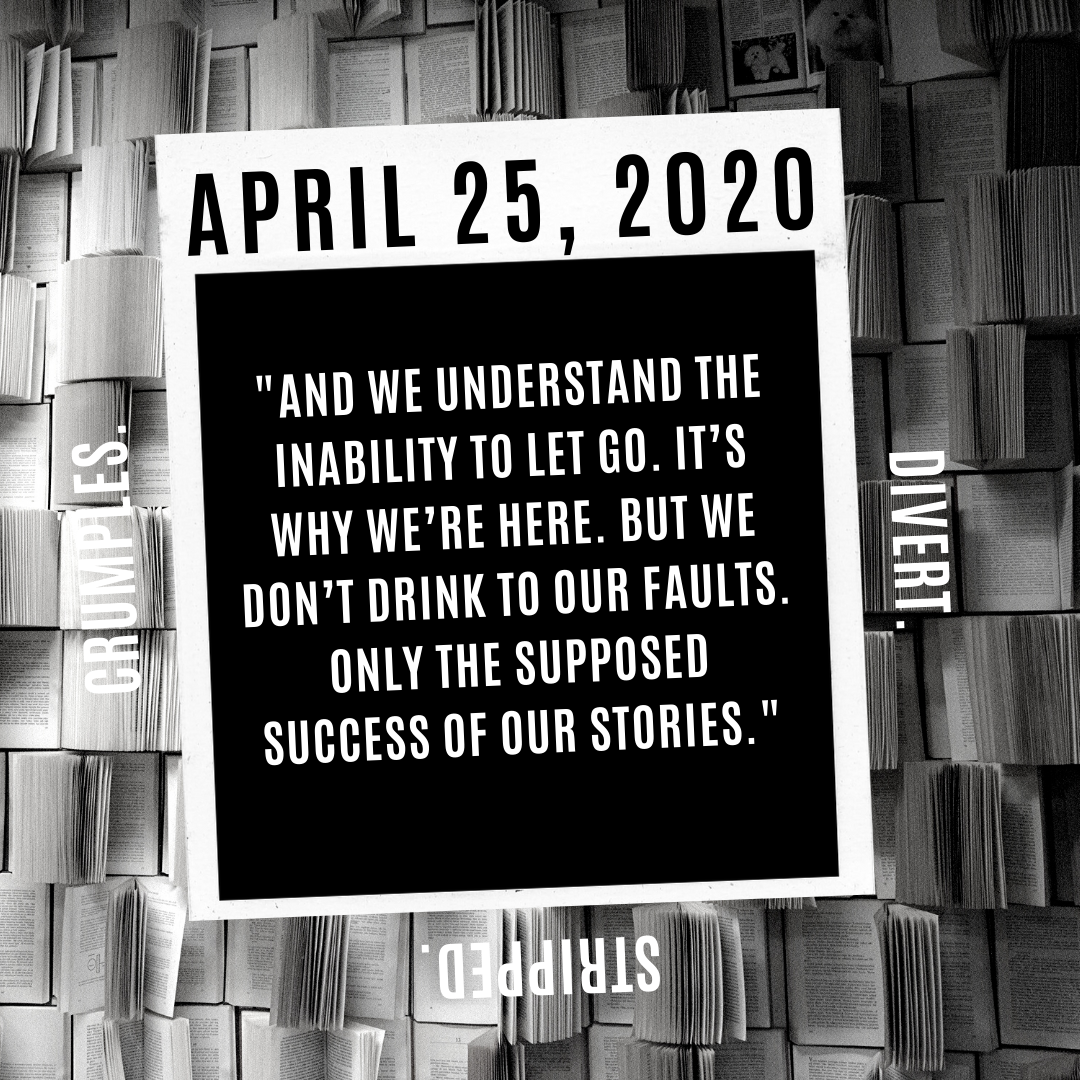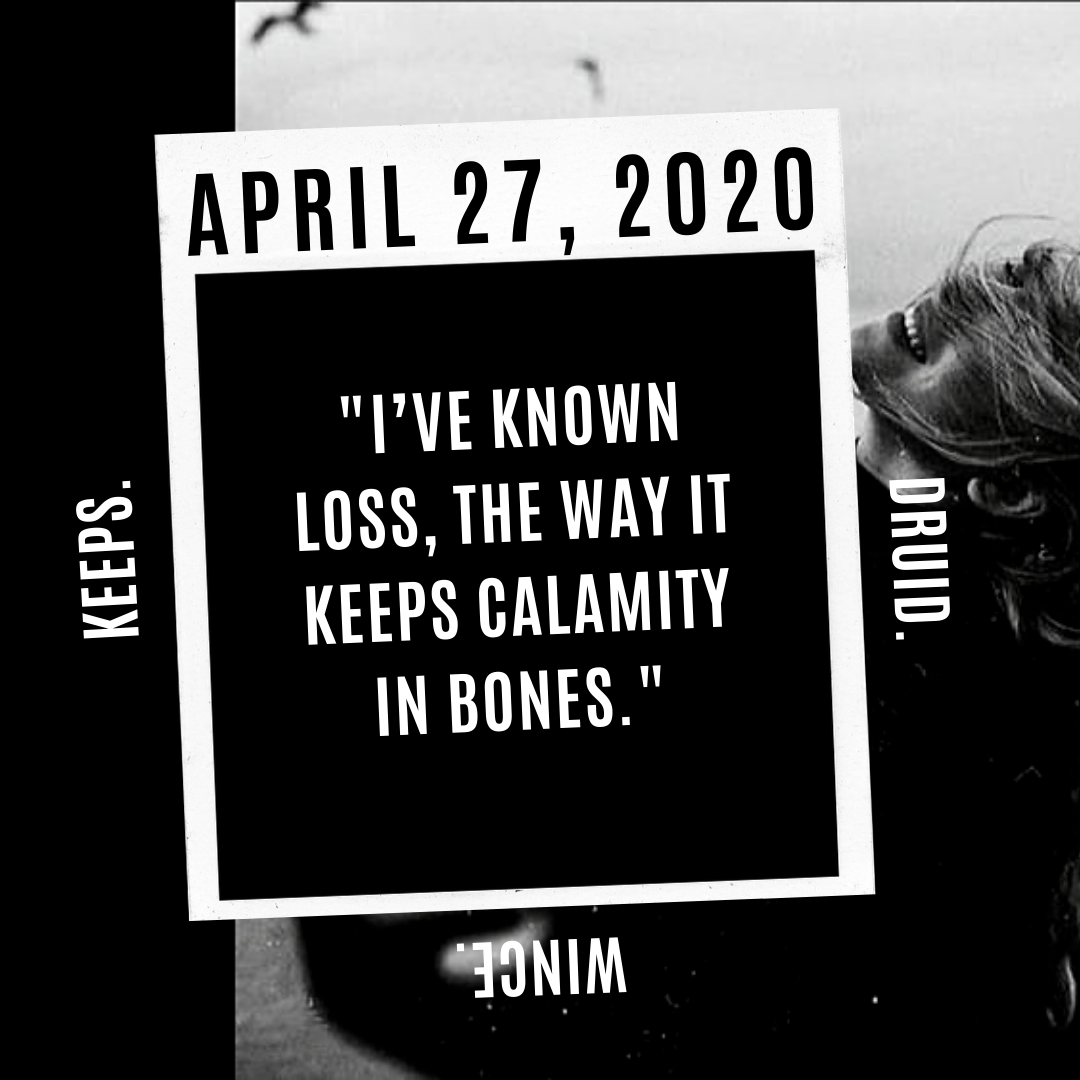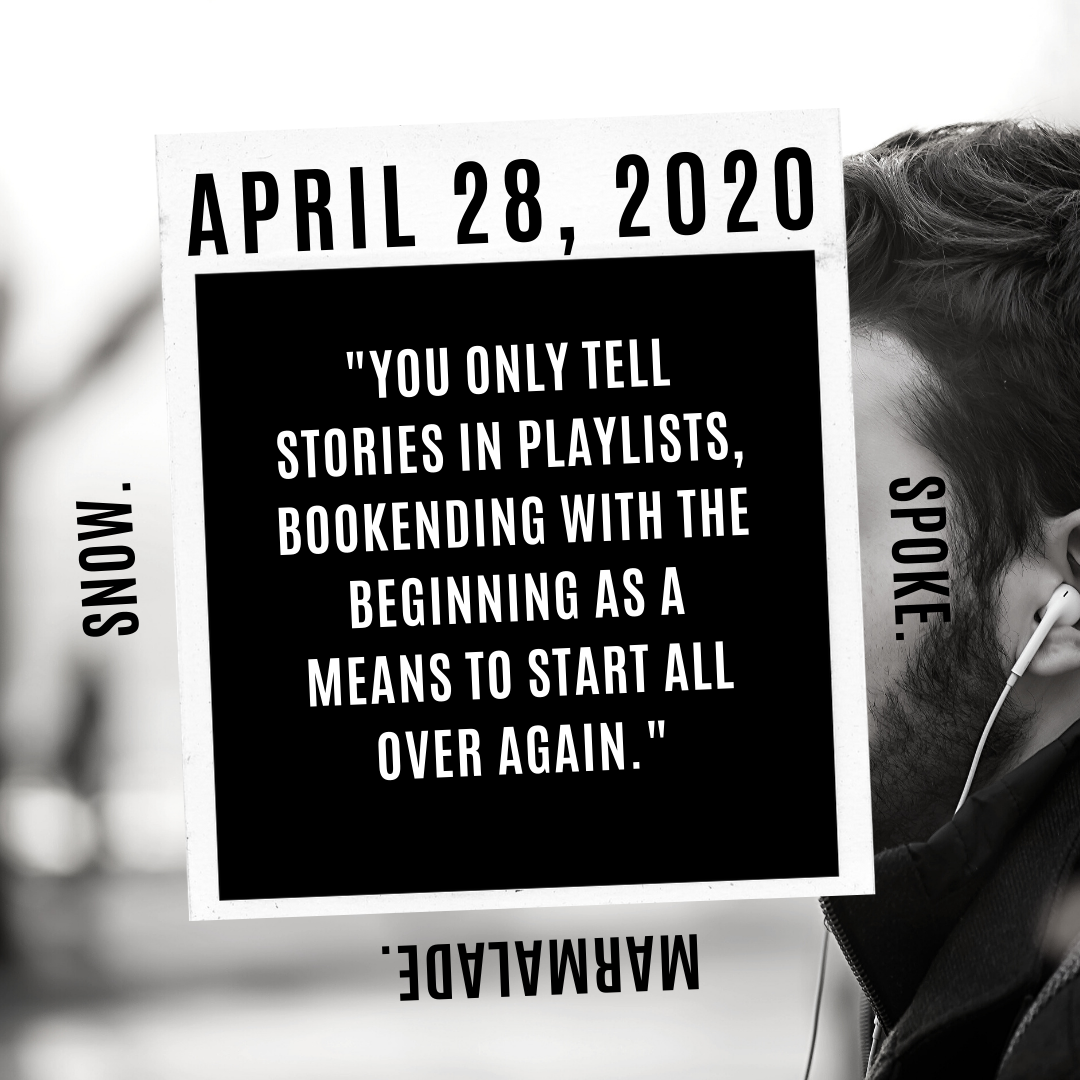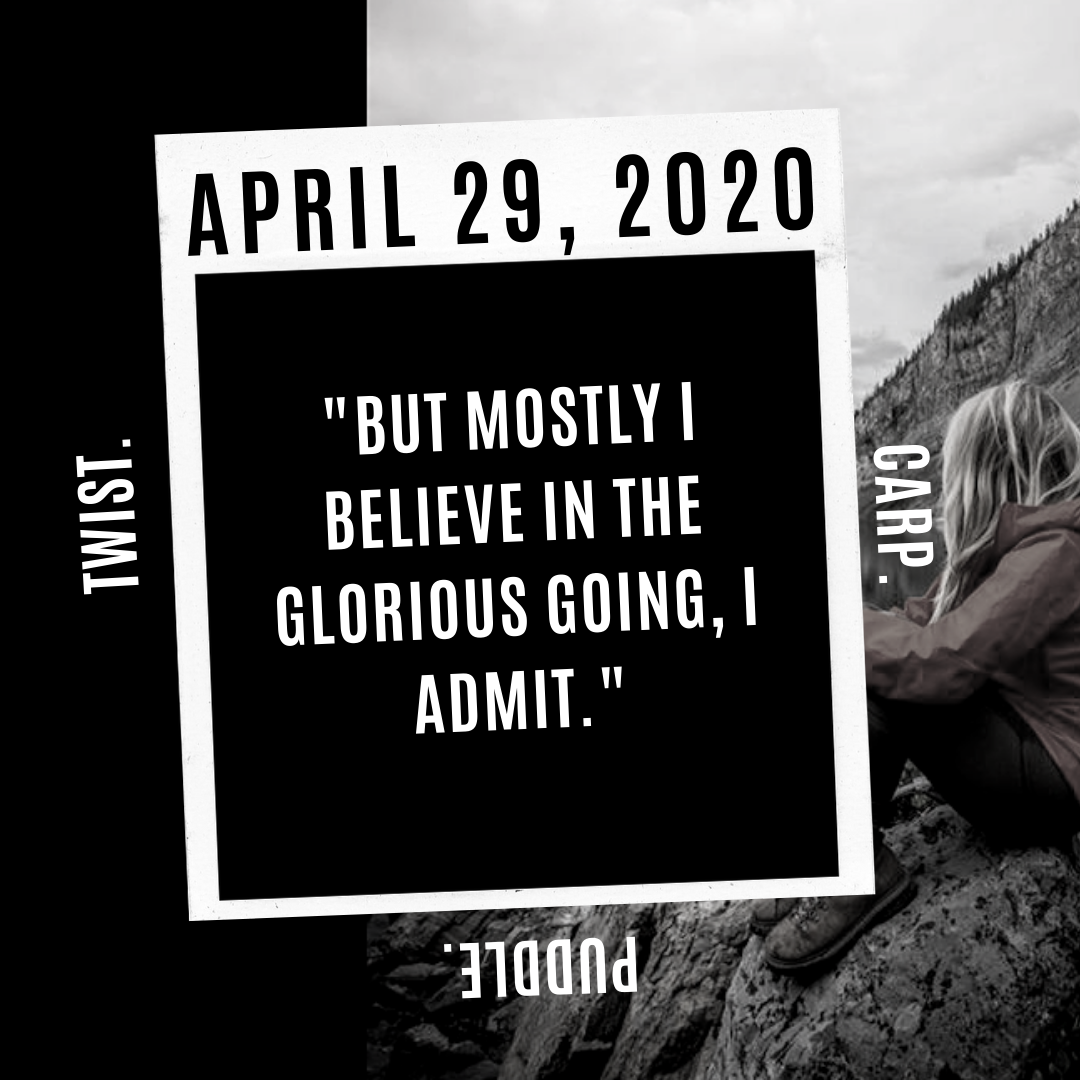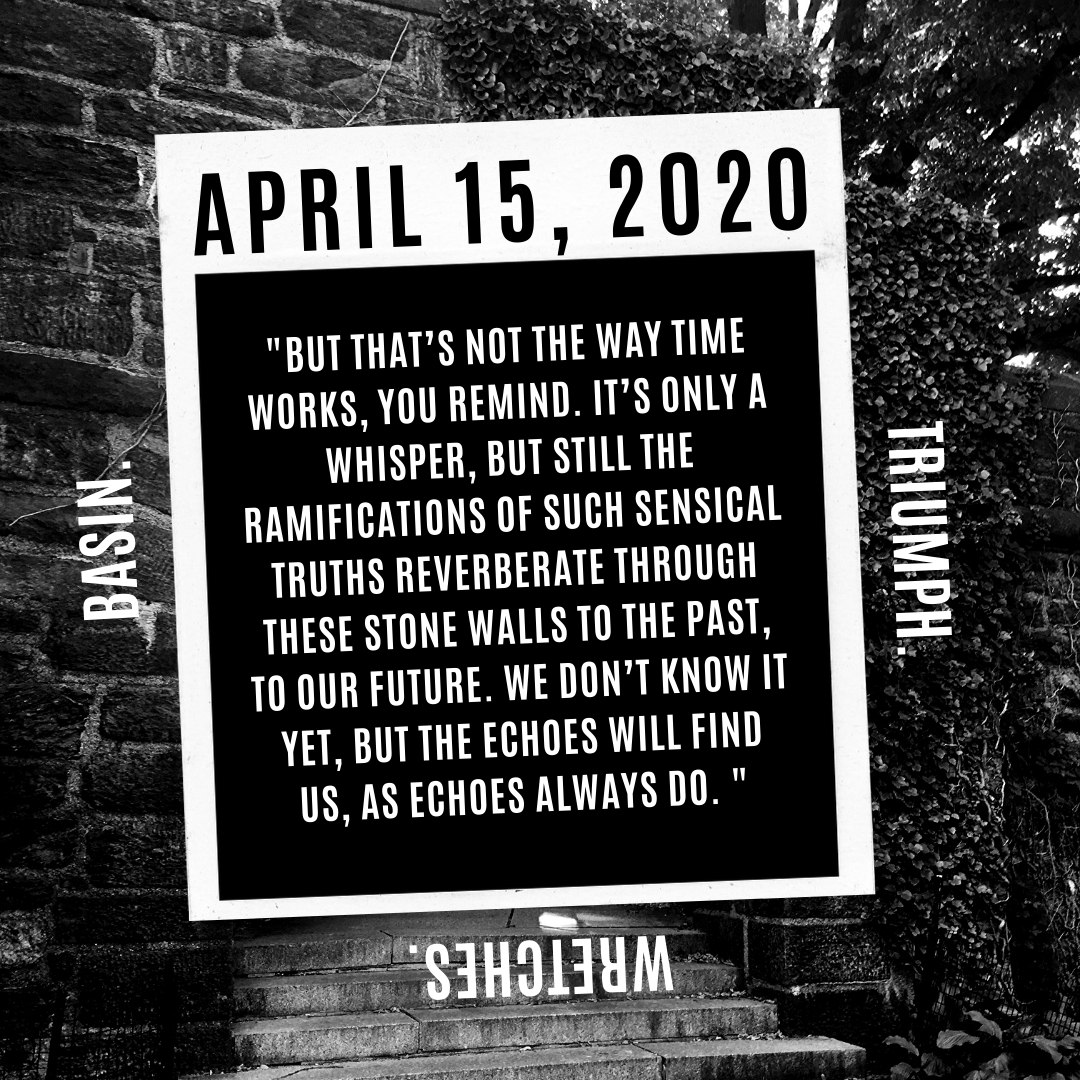And throughout this publishing process, there is the reminder that we as humans must tell stories to stay connected.
While thinking about how you will receive and organize submissions may seem overwhelming, I find the best place to start is to look back on your own submission process. Were there any submission experiences that frustrated you? Was there an exceptional editor able to offer kind feedback in a rejection?
As I walk through each step, it might be helpful to note those successes and near misses you’ve experienced.
1.) How will you receive submissions?
In my time submitting, I have encountered a multitude of ways to submit my work. The three most common are email, Submittable, and online form.
Email may be the easiest option for you to use upon just starting this creative endeavor. It puts the work on the author up front to email their submission to you. You can set-up a free Gmail account under your magazine name and in five minutes or less, you’re ready to begin.
The time and ease of using an email platform made this a strong contender when I considered my submission process. However, one thing I know about human error is how unavoidable it can be.
Using email means your submitting authors will need to follow your submission guidelines for the correct email, subject line, word count, category, author bio or photo, etc. The more items needed, the greater the chance of imperative items being missing.
For myself, I am incredibly thorough when I submit my work. I keep a spreadsheet which tracks deadlines, submission process, emails, category, etc. I would hate to lose out on being considered because I didn’t properly follow the guidelines.
And while you can and should add in a note to your submission guidelines about what happens when authors DO NOT follow your requirements, many times these may be mistakenly forgotten. Email may seem easy for set-up, but I do find it leaves bigger room for error.
Submittable is a site familiar to most writers, which allows submissions to be uploaded, tracked, and updated from one system. Those submitting can add a cover letter, attach their work, and fulfill the payment requirement as well. The functionality is easy to use for writers and allows for discovery and exploration of open calls for submissions. Many places I have submitted to have been found this way.
Sounds great, right? Why wouldn’t we want to make the submission process as easy as possible for our writers? For many editors or creatives, recognizing the financial resources you can input into a project is key to your overall success.
While I loved Submittable and the way it allows for collaboration between a team of editors for each submission, ultimately, I knew I could not afford to use this platform. Long running magazines may have the financial backing from donations or from the press itself.
As I knew all proceeds from my collectives would be donated, there wasn’t wiggle room in my own budget to justify this price. For a basic plan, it is $99 per month or $999 when billed annually. This give you 3 team seats, 1 project, 300 submissions per year Autolabels, Payment processing, Yes/no voting, Team assignment, Batch email and templates, In-app messaging, as well as Dashboard and data exports. These resources are immense, but making sure you can financially support this platform will be key to your launch. If you have a team of editors splitting this cost, it might be less of a restriction.
While I’ve encountered a myriad of online forms, including self-hosting on websites, one that has become most common is Google Forms. Like most things, Google’s functionality is user-friendly, adaptable, and customizable. And for these reasons, I chose to use a Google Form for both Pages Penned in Pandemic and The Elpis Pages. This was especially key during the first collective when I had more than a dozen questions for the interview series that needed to be answered.
What I continue to love about this platform in this current submission process is the way it guides writers to every answer needed and allows me consistent places to look for that information such as author email, category of submission, word count, and the attached work.
2.) How will you organize submissions?
Once you know how you want to receive submissions, the next step will be discovering how you want to organize submissions. Much of this process will be informed by whether you are using email, Submittable, or online form.
For email, you may want to have separate folders to organize between genres such as poetry, fiction, creative nonfiction. If you have separate editors for each genre, maybe you will want to create separate emails for each category to eliminate confusion in your inbox.
For Submittable, the system will organize submissions for you, though even with the basic plan, there will be options for assigning to your teams, and tracking. In both instances, you may also want to keep a spreadsheet to track submissions, as this allows for all info to be in one place.
While I use Google Forms to collect my data, I do not use this for tracking or review purposes. Instead I use a combination of Trello and Google Sheets. As mentioned above, I find great value in having an overview of all submissions, which is why I track on a spreadsheet in addition to Trello.
For submissions, I use Trello to track from the initial read to final decision all the way up through organizing my publishing timeline, and final order of the collective before publication.
3.) How will you review submissions?
After you’ve decided how you’re going to organize submissions, it will be helpful to have a plan for reviewing submissions. Depending on whether you are working solo or with a team may affect this process.
For Pages Penned in Pandemic, I worked with my best friend, Justin Maher. We used Trello as a means to communicate. Most times, we would review submissions separately, making notes in the document. We would then have editorial calls to discuss our decisions, work through any edits, and assign emails to ensure we could personally respond to every author.
This time around, I am working solo, but am still following the same steps. When I receive a submission, I add it to Trello. Most often, I do not review the submission at the time it’s added, which is why it’s helpful to have the link to the document.
When I review, I do an initial read through. Sometimes, I will know instantly if I am going to accept a submission. Other times, I might go back and make comments or edits. There are instances, when I feel a piece needs to be placed on the fence, allowing me extra time to review. And as is the case with all submissions, there might be work that doesn’t fit with my preferred style or the overall theme.
For these cases, I do find having a theme can help guide decision making. We didn’t have a theme for Pages Penned in Pandemic, though we find many authors writing about the same things. The Elpis Pages requires submissions be about womanhood, though this is a broad topic.
4.) How will you send decisions?
Once you know which pieces you will accept and which you won’t, it is time to send decisions to writers. While there are many ways to do this, especially if you use Submittable and have the option for batch responses, I do find that my preferred way is kindest.
As a writer, receiving rejections is never fun. However, in creating my submission process for the collectives, I looked at rejections where I felt excited to keep submitting as a guide.
I always love receiving feedback and a personalized rejection. Now this might not be feasible for your project, but for myself, I knew I wanted to personalize every email.
Also, while you can announce your contributors on social media or send a rejection email with all others CC’d, I personally would not recommend this. It doesn’t recognize the courage or hard work of every submitting author. And without those submissions and brave souls, you wouldn’t have work to publish or supporters to keep the dream of this creative endeavor alive.
Don’t be a jerk, even if a piece isn’t right for your project. Do not respond if work violates your submission guidelines, threatens you or your authors, or includes content that is harmful, violent, or inappropriate.
I have been lucky this time around to not receive those kind of submissions. With Pages Penned in Pandemic, we did receive some submissions of that nature and we did not respond.
For this part of the process, you will also want to note if you are accepting simultaneous submissions or charging for submissions. As a writer, I think it is imperative to allow simultaneous submissions. This is a personal opinion, but knowing this, I also understand, writers might need to withdraw work, sometimes during the deliberation process, sometimes before you’ve gotten a chance to review the work.
Since proceeds from both collectives were being donated, we did not pay authors, but we also didn’t charge for submissions.
If you are looking for a way to further support your magazine or journal, a great option I have found is charging a small fee for expedited submissions or receiving feedback. Perhappened Mag does this extremely well. Charging fees for this allows monetary support to your journal to either pay your editorial staff or even more exciting, to pay your authors! Also, the fee for feedback or faster turnaround really cuts to most writers not wanting to wait months for a response.
Here is where I note that many, if not most, editors do this for free with only the love of literature as a reward for the time, dedication, and willingness to provide a platform for authors.
Once you’ve figured out these key elements, you will be ready to launch and open your submissions!
That’s all for part two of the Editor Diaries. I hope you’ll join me for the next part of this series while I dive into branding and social media.



















